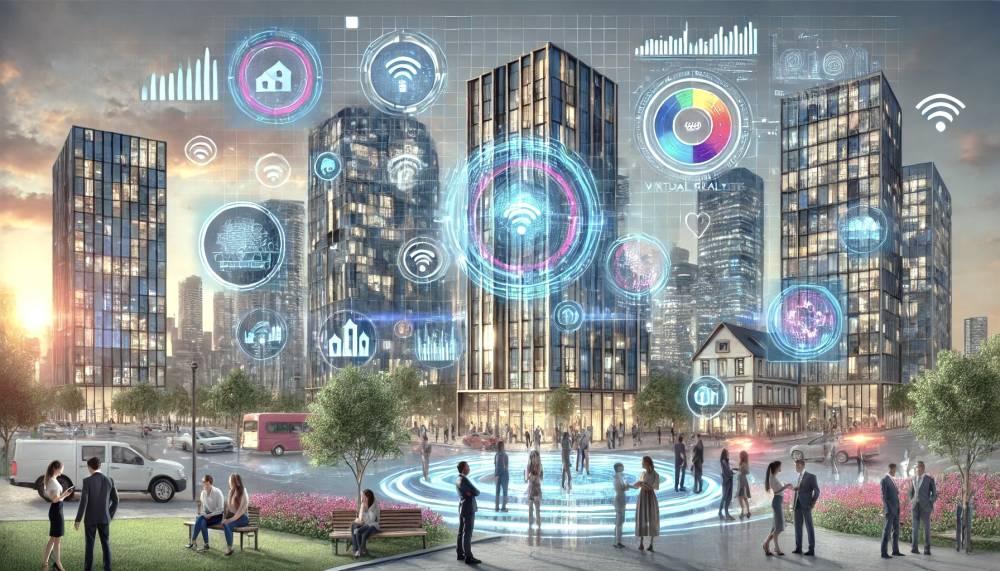The intersection of AI and community in real estate

The real estate industry, once defined by manual processes and fragmented systems, is now evolving into a more efficient, accessible, and inclusive sector. With the influence of artificial intelligence (AI), significant opportunities exist to empower communities and tackle long-standing housing and property management challenges. AI is driving this transformation from personalized property searches to data-driven urban development.
Simplifying the search for home
Finding the perfect home can often feel like navigating through a maze. AI provides a guided journey by analyzing user preferences to offer personalized property recommendations. These algorithms process data such as location preferences, budget constraints, and desired features, connecting buyers or renters with properties that align with their needs.
The innovative platform offers a critical advantage for individuals with unique challenges, such as low-income families or first-time buyers unfamiliar with the market. With AI acting as an intelligent assistant, the process becomes less about combing through endless listings and more about making informed, tailored choices.

Building communities with data-driven decisions
Business decisions rely heavily on data. Machine learning enhances these decisions using predictive analytics to forecast market trends, property values, and rental rates. Local governments and developers can use these insights to effectively guide investments and shape communities.
For instance, AI might identify an emerging neighborhood with growth potential, prompting revitalization projects that benefit current residents. Similarly, predictive tools ensure fairer property appraisals, curbing speculative bubbles and maintaining affordability.

Making property management effortless
By automating tasks such as rent collection, maintenance scheduling, and tenant communications, AI allows property managers to focus on fostering a sense of community rather than juggling administrative tasks. Housing becomes more sustainable for both landlords and tenants. Their predictive maintenance capabilities enhance the overall experience by analyzing usage patterns and identifying potential issues before they occur. This foresight allows property managers to address problems proactively, improving living conditions and reducing costs.
Strengthening connections within communities
AI-powered chatbots and virtual assistants transform communication between real estate agents, tenants, and buyers. These tools can answer questions, schedule property viewings, and instantly resolve maintenance requests. This seamless interaction helps build trust, especially for tenants or buyers who value real-time responses.
Additionally, AI customizes outreach efforts, ensuring that marketing campaigns reach the right audiences effectively. A family searching for a home in a quiet suburb will interact with different property inventories than a young professional looking for a vibrant downtown apartment.

Redefining real estate with AI
Artificial intelligence is transforming real estate by changing how communities develop and prosper. It breaks down barriers that have historically limited access to opportunities and fosters inclusive environments where diverse perspectives can thrive. Notably with the use of smart contracts and blockchain technology, it is expected to simplify real estate transactions by ensuring transparency and security.
This transformation empowers homeowners to invest in stronger, more equitable communities. AI is establishing a new standard for innovation in real estate, creating a future that is unbiased, accessible, and shared by everyone.
The author (www.ianfulgar.com), is a leading architect with an impressive portfolio of local and international clients. His team elevates hotels and resorts, condominiums, residences, and commercial and mixed-use township development projects. His innovative, cutting-edge design and business solutions have garnered industry recognition, making him the go-to expert for clients seeking to transform their real estate ventures





















